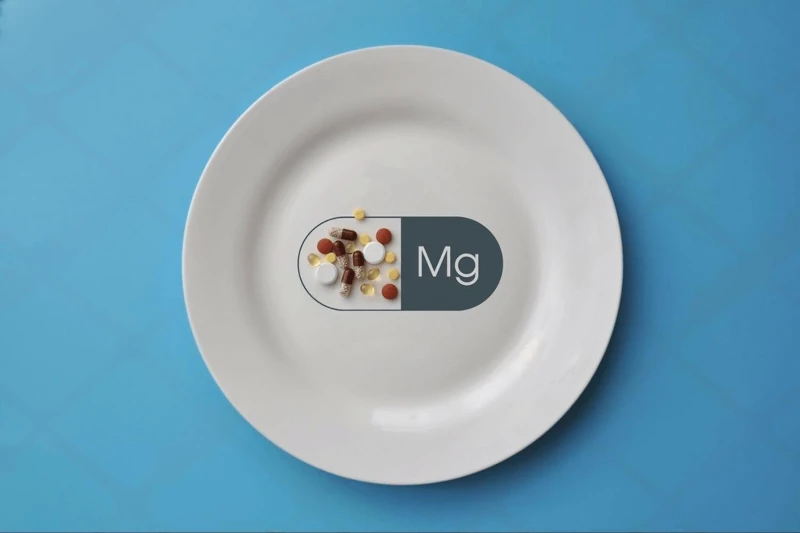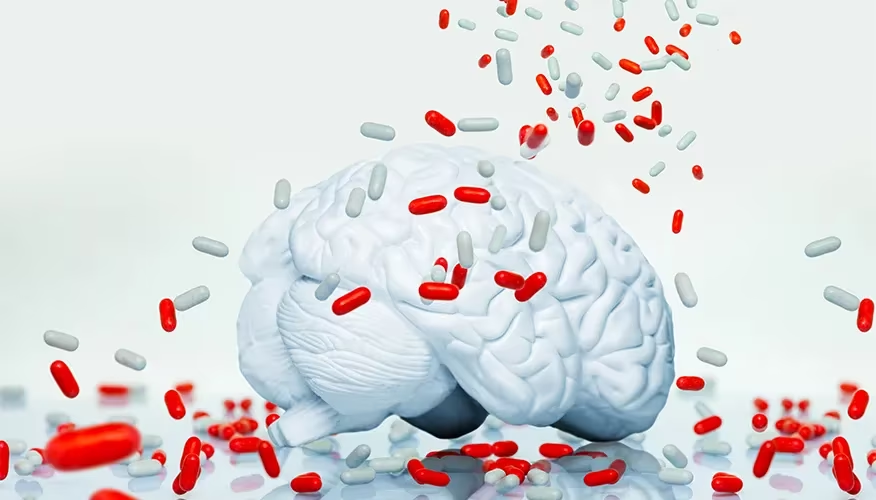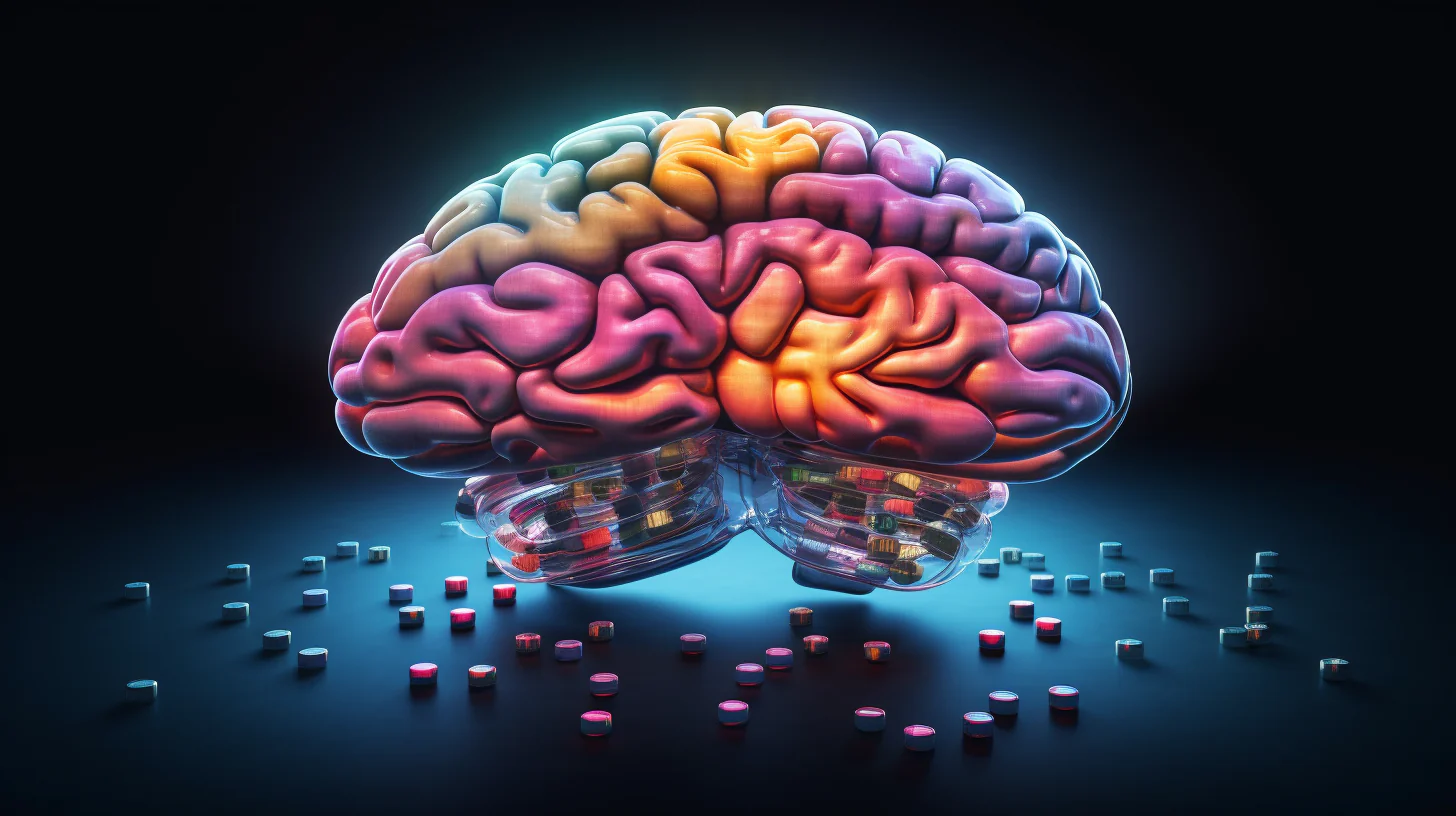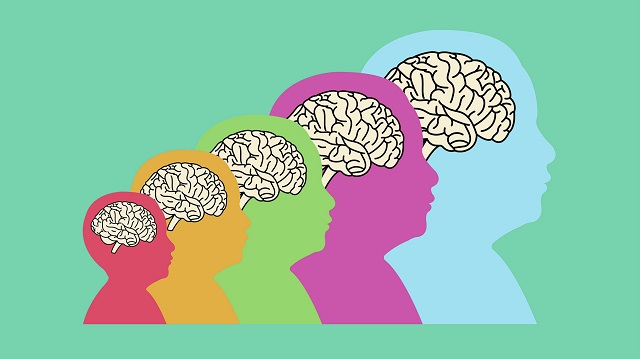جدول محتواها
Boosting memory with magnesium has become a popular topic in recent years, as researchers delve deeper into the intricate relationship between this essential mineral and cognitive function. Magnesium, a vital nutrient involved in hundreds of biochemical reactions in the body, plays a crucial role in supporting brain health.
From regulating neurotransmitter activity to protecting against oxidative stress, magnesium is essential for optimal cognitive function. In this article, we will explore the scientific evidence linking magnesium to improved memory, discuss the signs of magnesium deficiency that may affect cognitive abilities, and provide practical tips for incorporating more magnesium into your diet.
The Surprising Link Between Magnesium and Memory
Have you ever wondered how certain nutrients can influence your brain health? Magnesium, an essential mineral often overlooked in our daily diets, plays a pivotal role in cognitive function. Boosting memory with magnesium might seem counterintuitive, but scientific research has increasingly shown a strong correlation between adequate magnesium levels and improved memory.
This mineral is involved in numerous biochemical processes in the brain, including neurotransmitter synthesis, synaptic plasticity, and neuronal protection. By supporting these functions, magnesium helps to enhance learning, memory consolidation, and overall cognitive performance.
How Magnesium Supports Brain Health and Cognitive Function
Magnesium, a vital mineral, plays a crucial role in maintaining brain health and enhancing cognitive function. Enhancement of learning and memory by elevating brain magnesium is one of the most significant benefits of this mineral. By influencing neurotransmitters such as glutamate and GABA, magnesium helps regulate neuronal activity and improve communication between neurons. Additionally, magnesium is involved in energy production in brain cells and protects neurons from damage.
Furthermore, magnesium helps maintain the structure and function of the blood-brain barrier, preventing harmful substances from entering the brain. By supporting these vital processes, magnesium contributes to improved focus, increased processing speed, and enhanced memory.
Signs You Might Be Magnesium Deficient and How It Affects Your Memory
Feeling forgetful or experiencing brain fog? Your magnesium levels might be to blame. Boosting memory with magnesium is crucial as this mineral plays a vital role in cognitive function. When magnesium levels are low, it can lead to a variety of symptoms, including difficulty concentrating, memory lapses, and mood swings.
These cognitive impairments can significantly impact your daily life. Other signs of magnesium deficiency may include muscle cramps, fatigue, and headaches. By understanding these symptoms and addressing any underlying magnesium deficiency, you can take steps to improve your memory and overall cognitive health.
The Best Dietary Sources of Magnesium for Boosting Memory
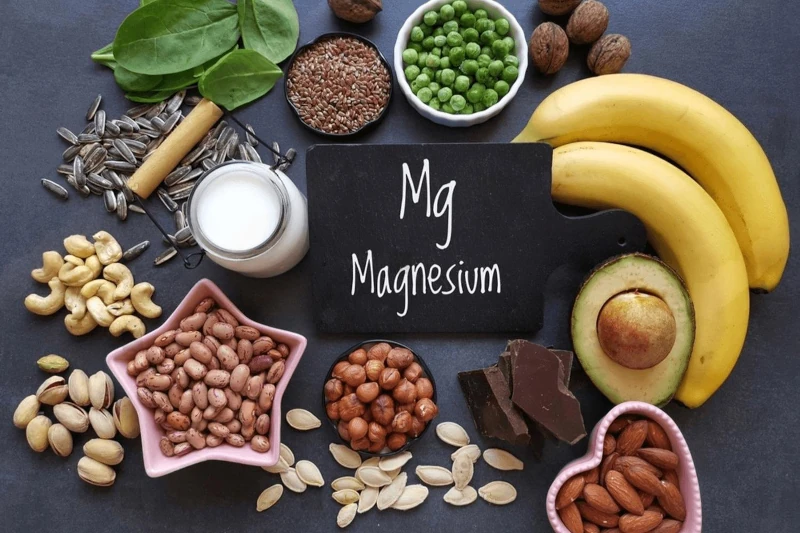
Incorporating magnesium-rich foods into your diet is a delicious and effective way to support brain health and enhance memory. Some of the best dietary sources of magnesium include leafy green vegetables like spinach and kale, whole grains such as quinoa and brown rice, nuts and seeds like almonds and pumpkin seeds, and legumes like chickpeas and lentils.
These foods not only provide your body with the magnesium it needs but are also packed with other essential nutrients that contribute to overall well-being. By making these nutrient-dense foods a regular part of your meals, you can naturally boost your magnesium intake and improve your cognitive function.
Magnesium Supplements: Are They Effective for Improving Memory?
While incorporating magnesium-rich foods into your diet is an excellent way to boost your intake, you may also consider taking magnesium supplements. However, it’s essential to consult with a healthcare professional before starting any new supplement, as individual needs and potential interactions with other medications may vary.
Research on the enhancement of learning and memory by elevating brain magnesium through supplementation is ongoing, and results have been mixed. Some studies suggest that magnesium supplements may benefit individuals with certain conditions or deficiencies, but more research is needed to determine the optimal dosage and long-term effects for general population.
The Science Behind Magnesium’s Benefits for Brain Health
The science behind magnesium’s benefits for brain health is multifaceted. Magnesium plays a crucial role in numerous biochemical reactions in the brain, including neurotransmitter synthesis, synaptic plasticity, and neuronal protection. By acting as a cofactor for many enzymes involved in these processes, magnesium helps regulate neuronal excitability, modulate mood, and support learning and memory.
Additionally, magnesium helps protect the brain from oxidative stress and inflammation, which are implicated in various neurological disorders. Furthermore, magnesium is essential for maintaining the integrity of the blood-brain barrier, a protective shield that prevents harmful substances from entering the brain. These mechanisms highlight the profound impact of magnesium on brain health and cognitive function.
Tips for Optimizing Your Magnesium Intake for Better Memory
- Prioritize magnesium-rich foods: Incorporate plenty of leafy green vegetables, whole grains, nuts, seeds, legumes, and avocados into your diet.
- Consider a magnesium supplement: Consult with a healthcare professional to determine if a magnesium supplement is right for you.
- Limit processed foods: Processed foods are often low in magnesium and can contribute to deficiencies.
- Stay hydrated: Adequate hydration helps your body absorb nutrients more efficiently, including magnesium.
- Manage stress: Chronic stress can deplete magnesium levels, so practice stress-reduction techniques like meditation or yoga.
- Address underlying health conditions: Certain medical conditions can affect magnesium absorption, so work with your doctor to manage any underlying health issues.
Neuro Care: Elevate Your Cognitive Health
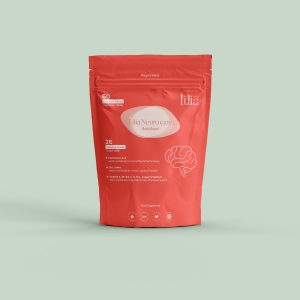
Neuro Care is an advanced brain health supplement formulated with a unique blend of essential vitamins, minerals, and nutrients. Designed to support optimal brain function, it helps improve memory, concentration, and overall cognitive performance.
Key Benefits:
- Enhanced Cognitive Function: Supports normal mental performance and cognitive function.
- Neuroprotective Effects: Protects brain cells from oxidative stress.
- Neurotransmitter Support: Facilitates the synthesis and metabolism of neurotransmitters.
- Immune System Boost: Strengthens the immune system to protect against illness.
Key Ingredients:
- Pantothenic Acid: Supports normal mental performance and cognitive function.
- Zinc & Iodine: Essential for normal cognitive function and neurotransmitter synthesis.
- Vitamins A, B6, B12, C, D, Zinc, Copper & Selenium: Support immune system function and overall health.
Suitable For:
- Students
- Busy Professionals
- Seniors
- Anyone seeking to improve cognitive function
Conclusion
In conclusion, magnesium plays a vital role in supporting brain health and cognitive function, including memory. By incorporating magnesium-rich foods into your diet, managing stress, and potentially considering supplementation under medical guidance, you can take proactive steps to boost memory with magnesium. While more research is needed to fully understand the complex relationship between magnesium and cognitive function, the available evidence suggests that adequate magnesium intake is essential for optimal brain health. Remember to consult with a healthcare professional before making significant changes to your diet or supplement regimen
FAQs
Can taking magnesium supplements improve my memory?
While studies suggest that magnesium plays a role in cognitive function, more research is needed to definitively conclude that supplements can enhance memory for everyone. It’s best to consult with a healthcare professional to determine if a supplement is right for you.
What are the best food sources of magnesium?
Leafy green vegetables (spinach, kale), whole grains (quinoa, brown rice), nuts and seeds (almonds, pumpkin seeds), legumes (chickpeas, lentils), and avocados are excellent sources of magnesium.
Can too much magnesium be harmful?
Yes, excessive magnesium intake can lead to side effects like diarrhea, nausea, and muscle weakness. It’s important to follow recommended dosage guidelines.
Will magnesium supplements help me if I have Alzheimer’s disease?
While some studies suggest potential benefits for individuals with Alzheimer’s disease, the evidence is still limited. It’s crucial to consult with a healthcare provider for personalized advice.
